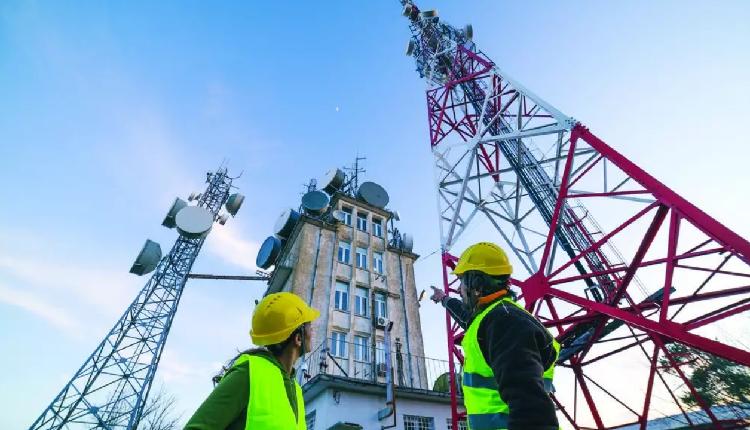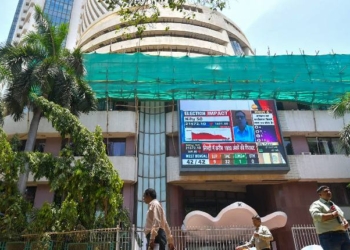New Delhi: India’s telecom sector that lost a precious decade due to the 2G scam and policy paralysis, swung back to life after 2014 as the government took several steps to correct the situation in the telecom market and effectively handled the failures that resulted from the lack of clarity in policy in the sector, said the ‘White Paper on Economy’, tabled by Union Finance Minister Nirmala Sitharaman in Parliament on Thursday.
Underlining how the Narendra Modi government turned the economy around and rebuilt the country’s image, the ‘White Paper’ said the government brought transparent methods of spectrum auction, trading and sharing that further enabled the optimal utilisation of spectrum.
The 5G auction in 2022 “increased the overall spectrum availability for the telecom service providers (TSPs) by allocating the highest-ever quantum of spectrum, i.e., 52 GHz, at the highest-ever auction value.
“Also, healthy cash flow for TSPs enabled them to make capital investments in 5G technology, leading to the rollout of 5G network in the country, which is acknowledged as the fastest 5G rollout in the world,” it said.
According to it, the efficacy of all the measures is reflected in the increasing cumulative gross revenue of all telecom service providers, “which has already crossed Rs 3 lakh crore”.
In the UPA regime, the process of allocation of spectrum lacked transparency and was frequently misused in the years leading up to 2008-09, which resulted in the “2G scam” and started the problems that finally caused a distress situation in the sector. The 2G spectrum scam involving 122 telecom licenses had sliced Rs 1.76 lakh crore off the exchequer as per the estimates of the Comptroller and Auditor General (CAG).
“In the years following 2010, virtually no or little spectrum could be allocated to the operators, leading to a slowing down of the growth of the telecom industry,” according to the ‘White Paper’.
The telecom licenses issued in FY09 were cancelled by the Supreme Court due to a lack of transparency in the allocation process. “In this period, the telecom sector went into a seizure as the government was caught out by the Supreme Court judgement. As a consequence of these problems, a number of operators became unviable, leaving this sector in a situation of limited competition,” said the document.
The UPA period also witnessed a flight of foreign investment due to policy uncertainties and legal hurdles, it said.
(IANS)
















